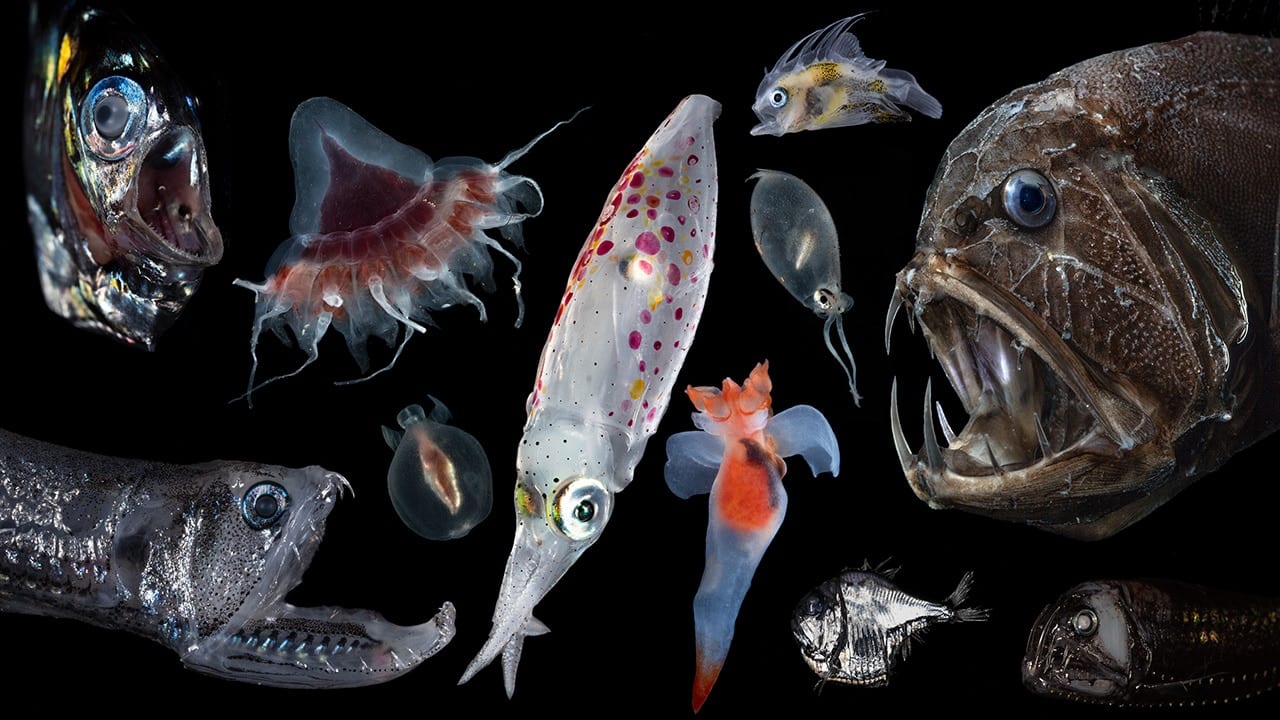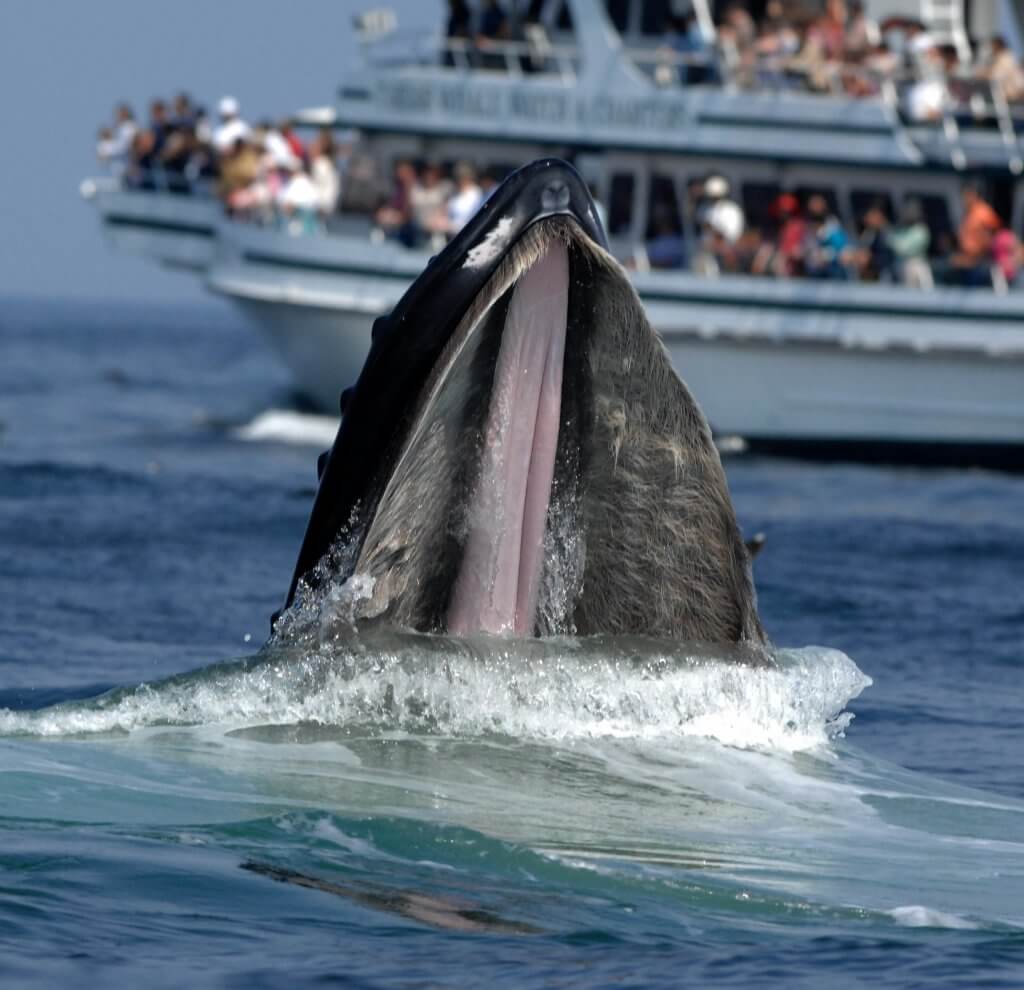Marine Animals Definition Biology

As a marine biologist you may study a wide range of topics from the behavior physiology and ecology of specific groups of organisms to the interactions between human activity and aquatic environments.
Marine animals definition biology. Marine biology is the scientific study of plants and animals that live in salt water. When we talk about marine life the first thing that is likely to come to your mind is various species of fish. A marine biologist is someone who is interested in learning and studying marine organisms and what their lives are like in their natural habitats.
The scientific study of organisms living in or dependent on the oceans. It also deals with airborne and terrestrial organisms that depend directly upon bodies of salt water for food and other necessities of life. It is the largest and most diverse biome in the world.
In this context the word marine is interchangeable with saltwater. There are a vast array of career choices one can pick from - from studying large ocean animals and what they eat to. Collar cells- create moving force in a sponges body.
Earth is often referred to as the blue planet because seas and oceans cover more than 75 of the Earths surface. Spongocoel- spacious cavity in sponge. But marine biology is so much more than making a dolphin -- or sea lion -- follow commands.
Marine biologists study biological oceanography and the associated fields of chemical physical and geological oceanography to understand marine organisms. When many people think about a marine biologist they picture a dolphin trainer. Our ocean coasts and estuaries are home to diverse living things.
Marine biologist definition is - a scientist who studies life in the sea. An animal belonging to the mammalian order Sirenia which includes manatees and dugongs. Archaeocytes- cells that move through the sponge.



















